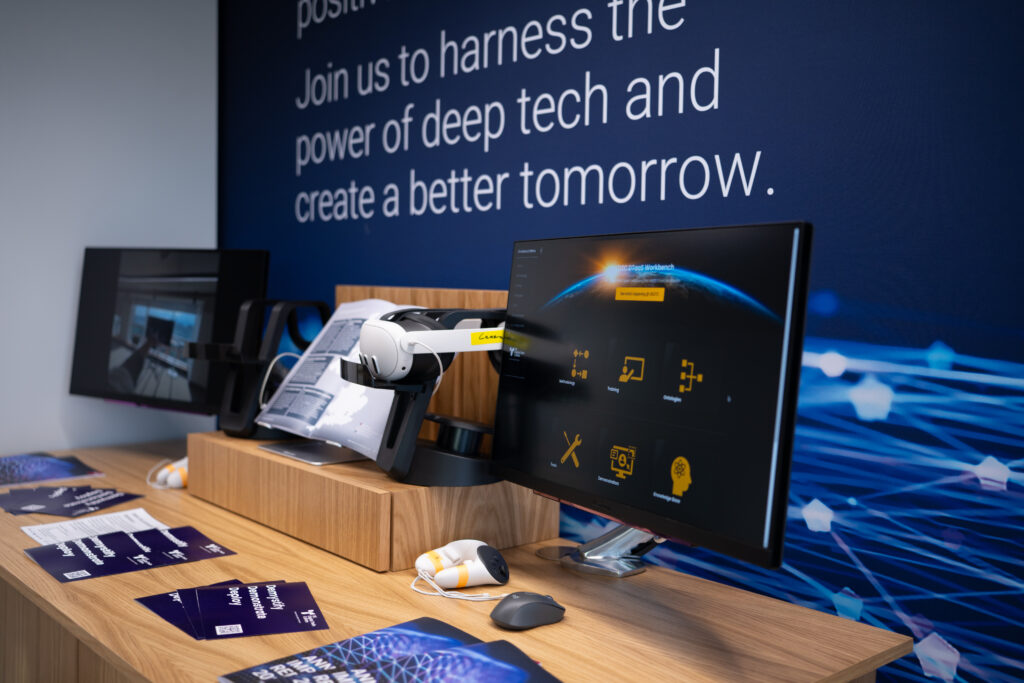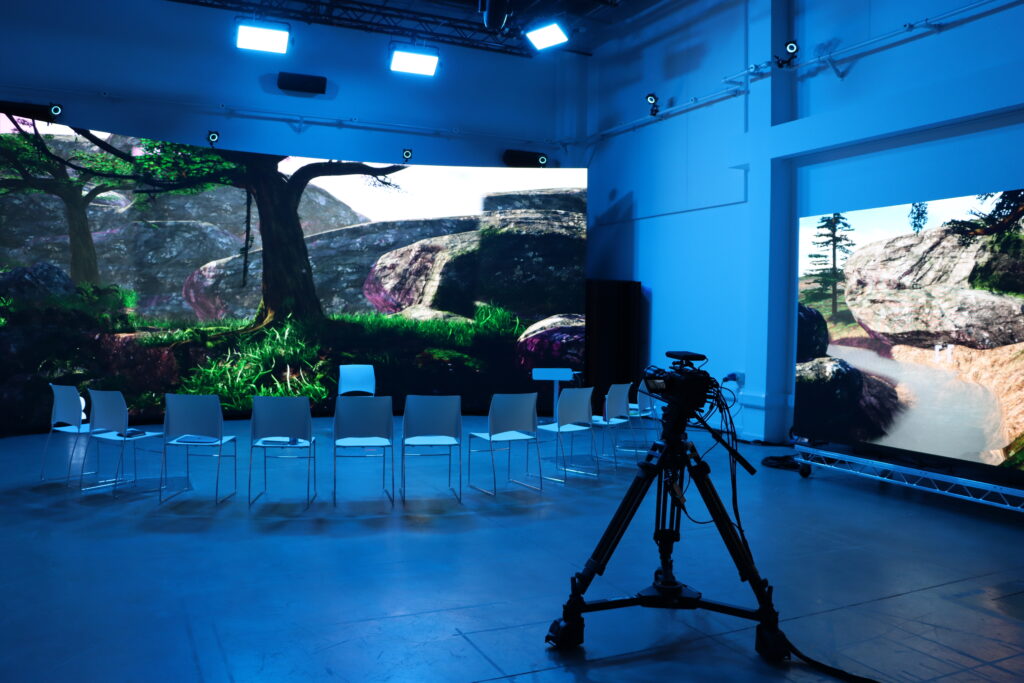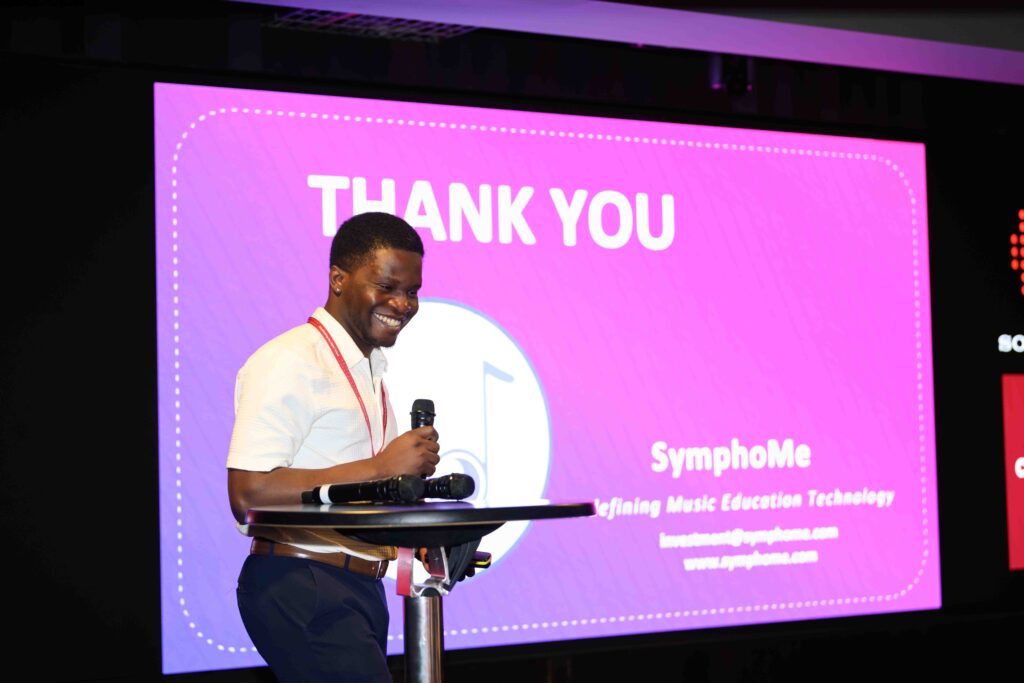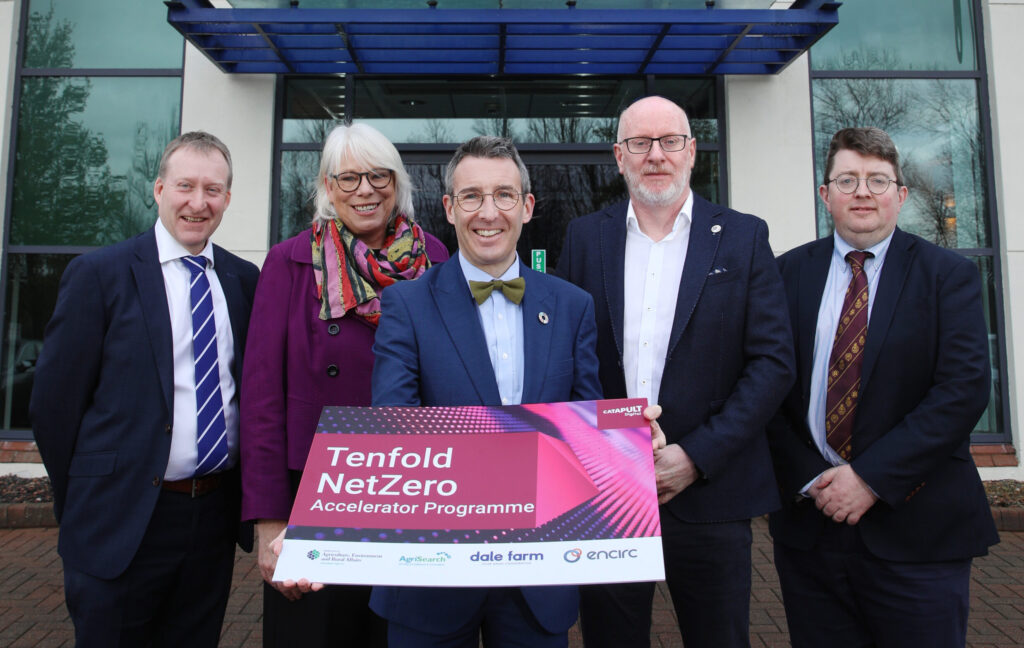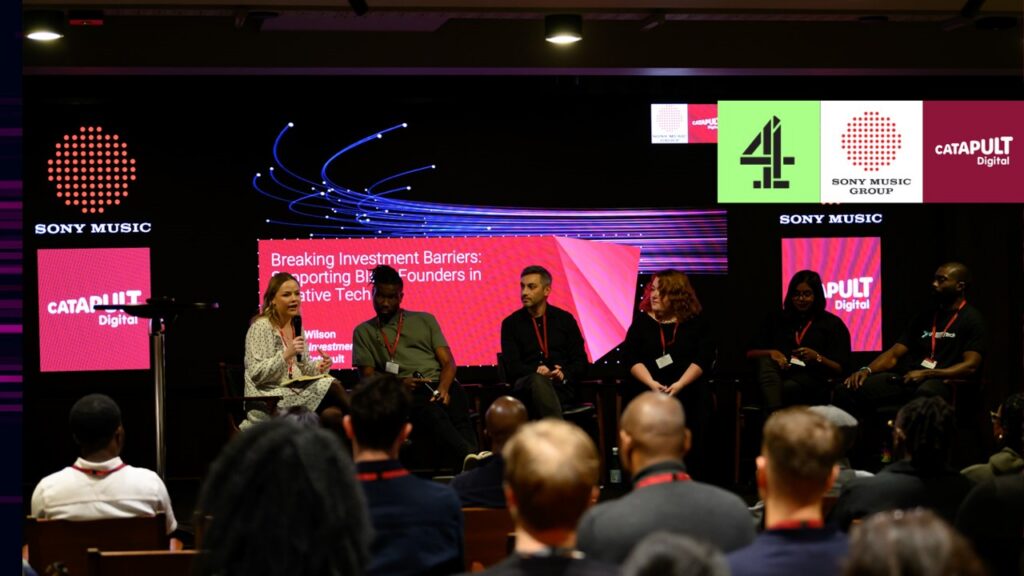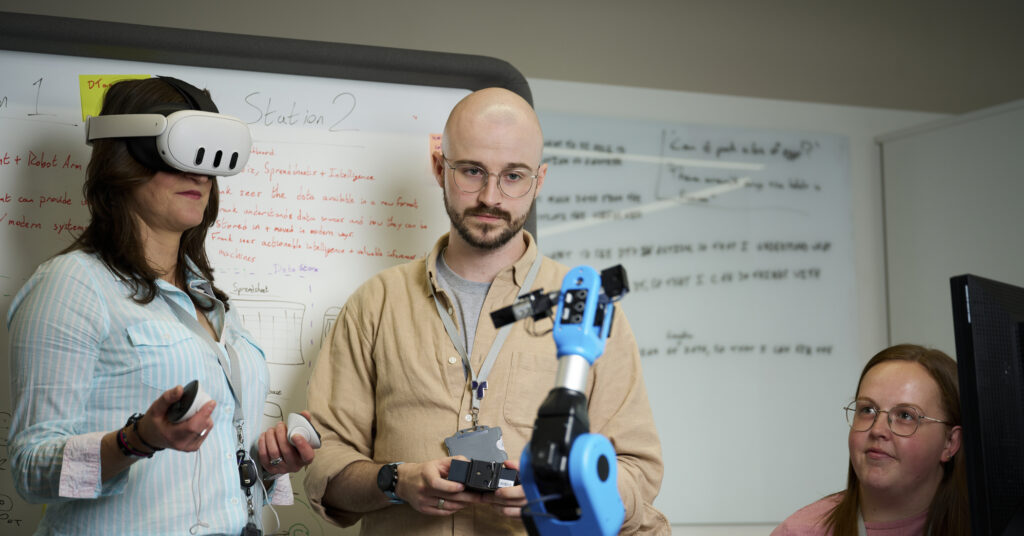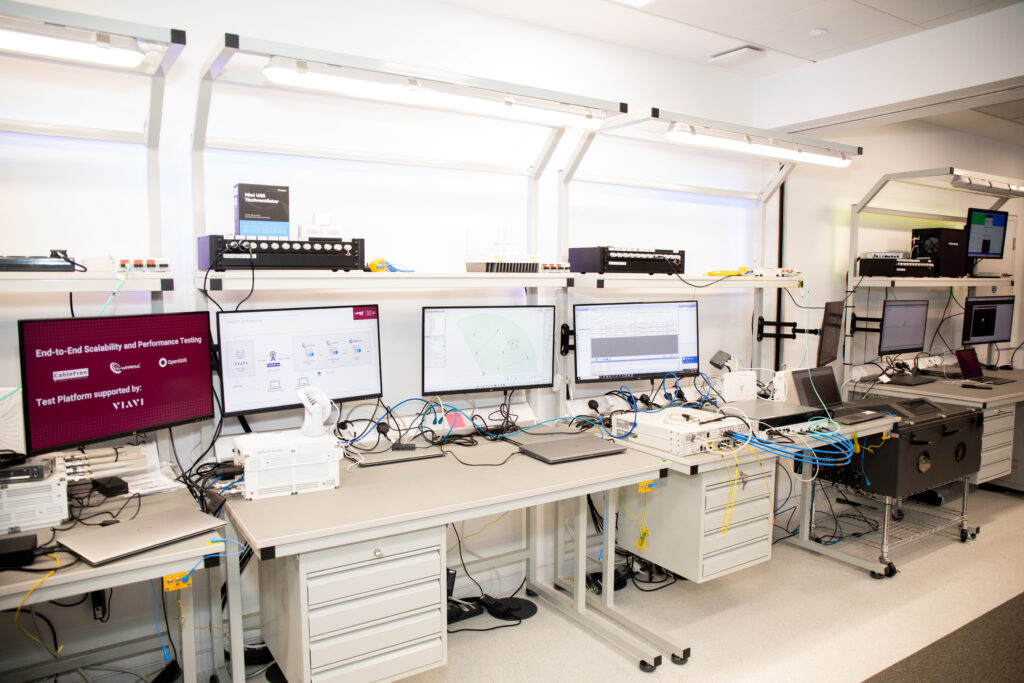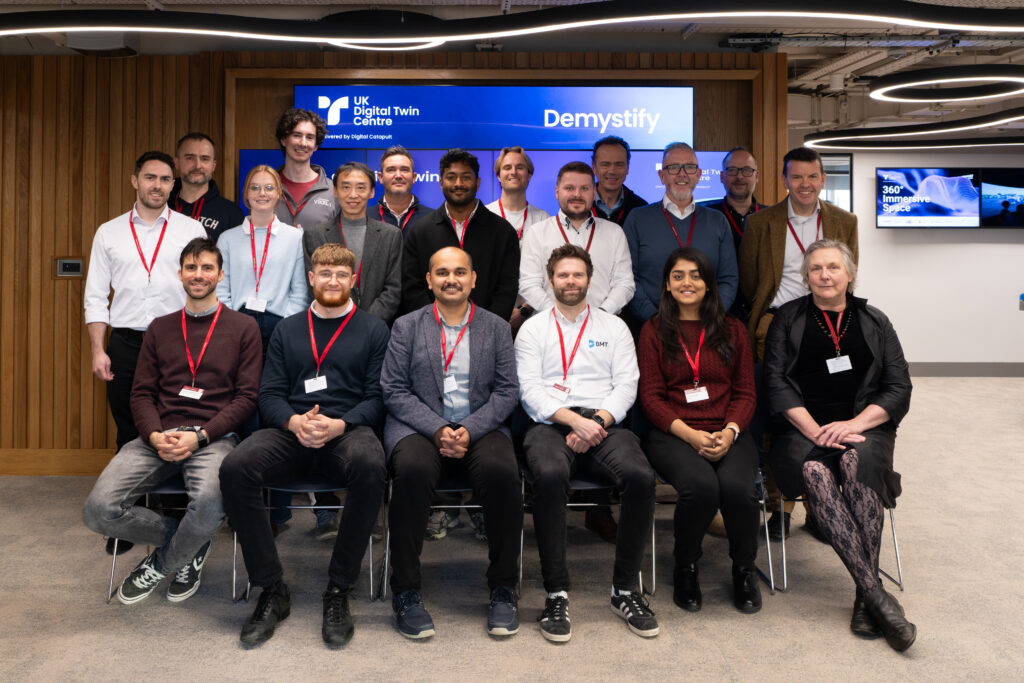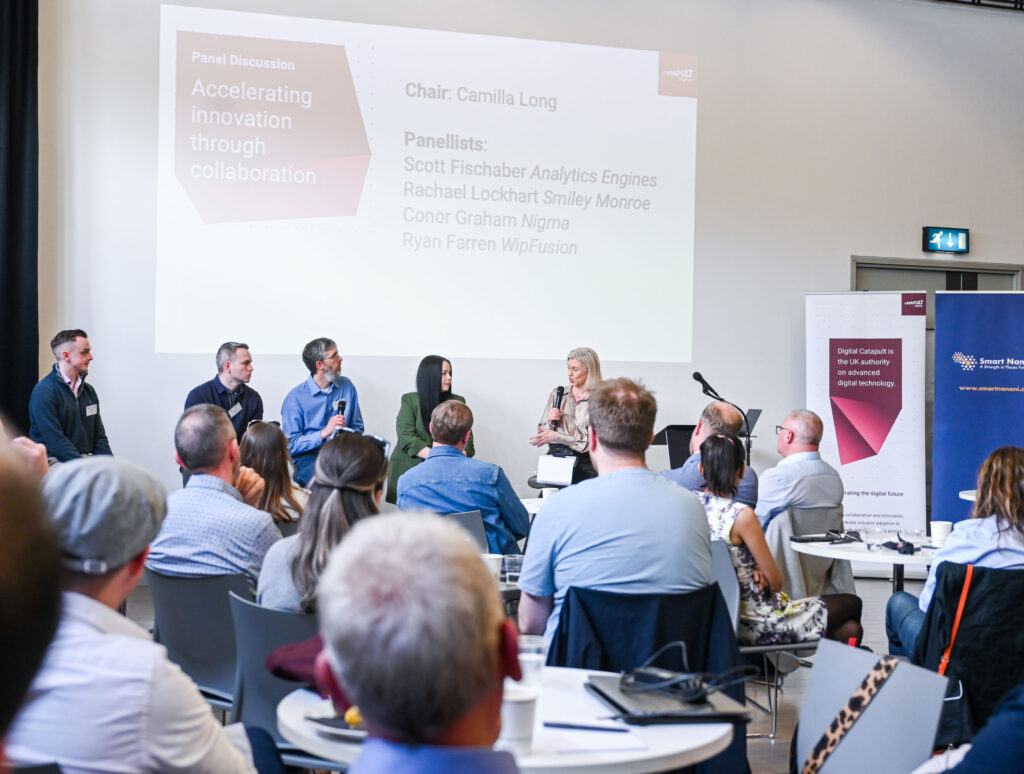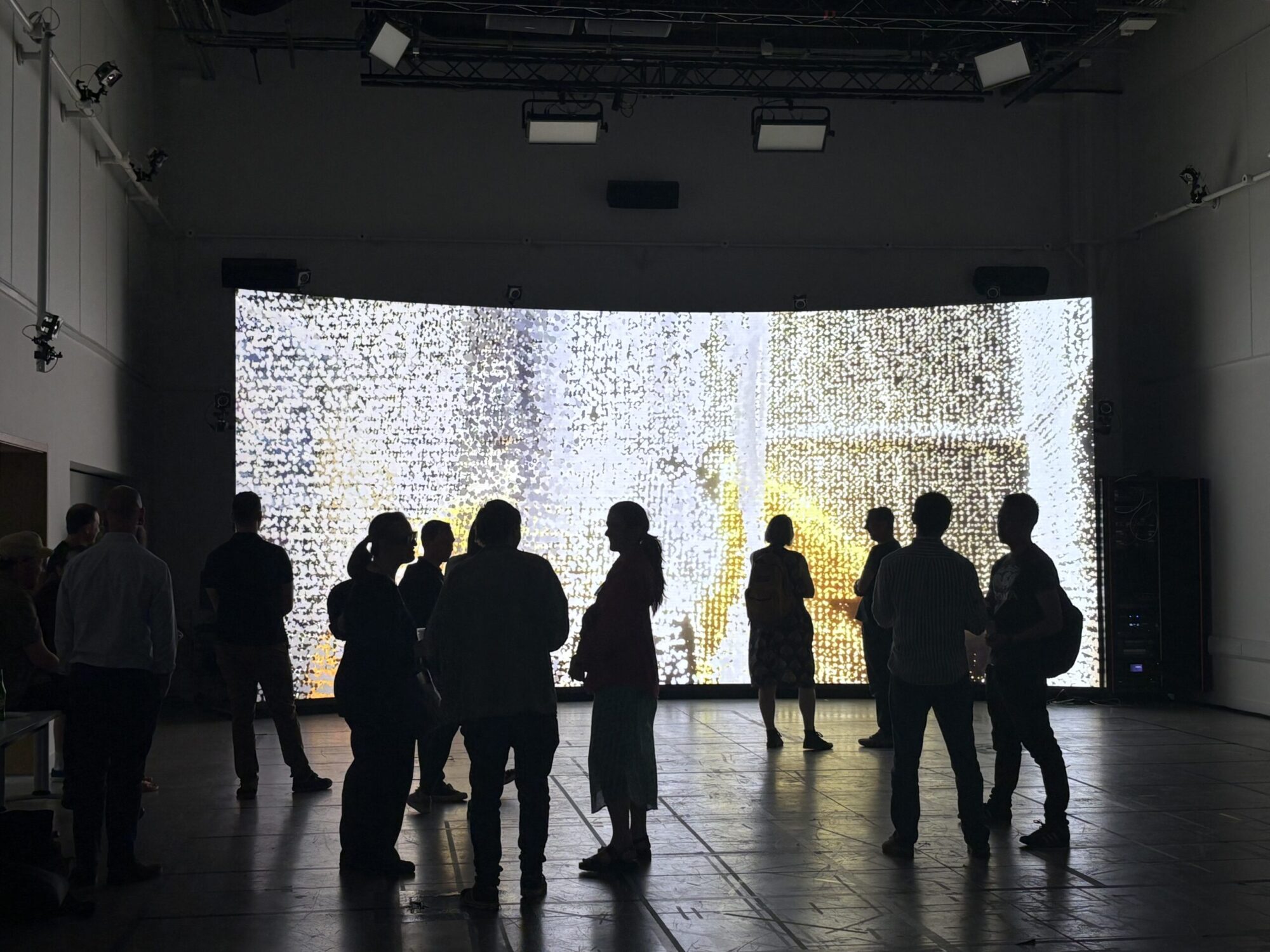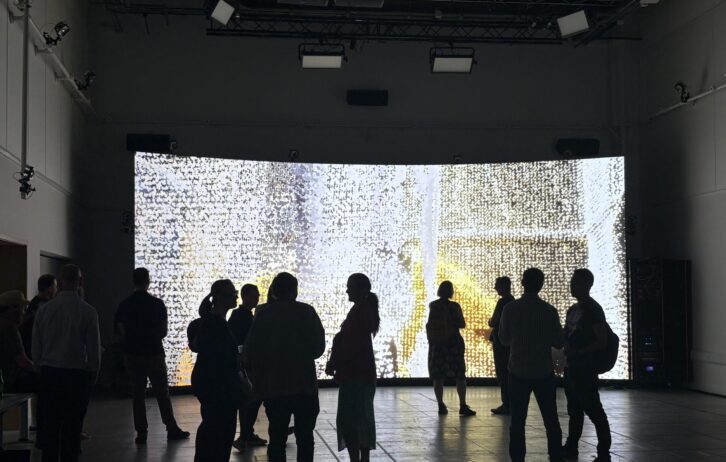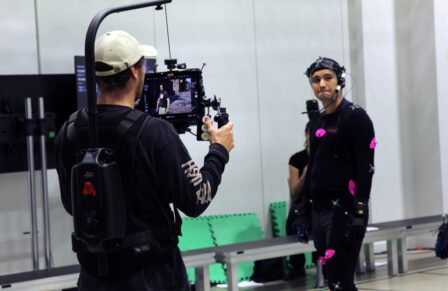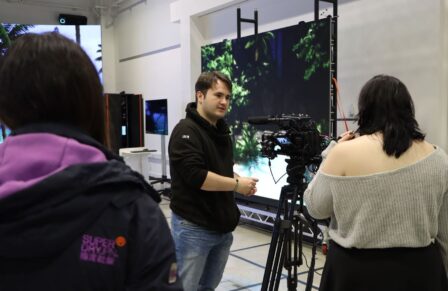Like any other UK industry, TV and film production needs to find ways to increase its sustainability, and in 2025, The BFI, BAFTA albert, and ScreenSkills launched the UK’s first National Occupational Standards and skills checklists for sustainability roles in film and TV production. The Terra Datum project contributes to this goal with the aim to measure the computational intensity and energy cost of virtual production methods in the studio, understanding how virtual production can be made more sustainable.
Virtual production techniques are being used to cut operating costs – saving up to $49,000 an episode for a limited budget cable series, by allowing productions to access any location on the planet, real or imaginary – without the associated travel emissions and logistical challenges. It has the potential to reduce carbon emissions by up to 50% and could help screen industries to hit net zero, compared to traditional filming methods.
Travel between locations accounts for 70% of carbon emissions, the rest usually attributed to energy consumption. While virtual production techniques have helped to reduce the need for travel, as well as the power and materials consumed when creating physical props, it has also potentially increased reliance on global data centre infrastructure.
Measuring data processing in the studio
Dr Paul Dolan, who teaches for MA Digital and Immersive Arts programme at Northumbria University, initiated a collaborative project to investigate the energy consumption of data processing in the studio. Funded by XRnetwork+, the project was undertaken by Northumbria University and Digital Catapult at the Advanced Media Production Studios at PROTO in Gateshead.


















